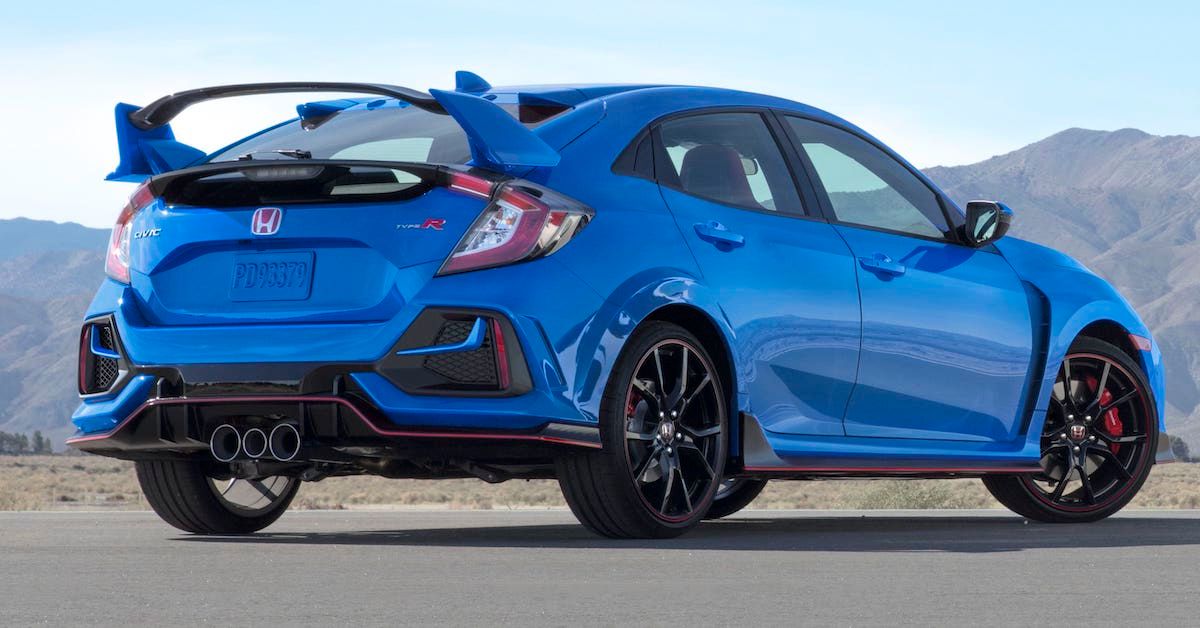Performance Metrics of Affordable Sports Cars
Cruise through the vital performance parameters to look for in an affordable sports car.

In the universe of Performance Cheap Sports Cars, today's choices are anything but bare-bones. From their stylish designs to the raw power under their hoods, these high-performers offer more value than ever before. This article delves into the key performance metrics of these affordable sports cars, helping you make an informed decision for your next ride. Join AutoPundits as we take a spin on the affordable side of the sports car market.
Understanding Performance Metrics in Affordable Sports Cars
In understanding performance metrics, we assess facets as diverse as horsepower, acceleration, braking, and handling, to name a few. Looking beyond flashy exteriors, focusing on these tangible elements can drastically influence your experience behind the wheel.
Table of Contents
- The Horsepower Factor in Performance Cheap Sports Cars
- A Deep look into Acceleration
- Unraveling the Braking Power
- Assessing Handling Precision
- Performance vs. Cost-Effectiveness
- A Fast-forward Peek into the Future of Affordable Sports Cars
The Horsepower Factor in Performance Cheap Sports Cars

For auto enthusiasts, horsepower is more than just a figure; it's a pulse that sets the rhythm on the tarmac. Although a higher number surely turns heads, it's crucial to remember that there's no one-size-fits-all measure of performance. Let's break it down:
- Engine Type: From high-revving V6s to torque-heavy V8s, the engine's characteristics play a critical part in determining a car's horsepower. The choice ultimately lies in one's personal preferences and driving style.
- Turbocharged vs Naturally Aspirated: Turbo engines might offer an exhilarating thrust, but naturally aspirated engines are known for their smooth power delivery and reliability.
A Deep look into Acceleration
0-60 times, quarter-mile dashes - these figures are deeply ingrained in the psyche of every speed lover. Yet, they paint an incomplete picture. While "fastest" might sound appealing, it's essential to weigh how usable that power proves to be.
Real-World vs Track Speed
High-speed highway runs are miles apart from racetrack blitzes. A car with quicker shifts or better mid-range power might serve you better in day-to-day use than a potential lap-record breaker.
Unraveling the Braking Power
Performance isn't only about going fast - stopping safely is equally vital. Braking performance is more than just strong brakes, and involves multiple aspects we tend to overlook:
- Tire Grip: Even the most potent braking system can underperform if the tires fail to offer adequate grip.
- Brake Fade Resistance: When put under heavy use, brakes heat up, causing decreased performance. It's essential to ensure that your sports car can resist brake fade, especially if you plan on track use.
Taking a closer look at these nuanced but vital factors gives you a more comprehensive understanding of a car's performance. After all, in the world of affordable sports cars, the small details often make a big difference.
Assessing Handling Precision
What good is speed if the car can't hug a curve with confidence? A car's handling precision crystallizes your connection with the road, enriching your driving experience. Here's what to keep in mind:
A Look at the Suspension
Independent Suspension: A car with independent suspension offers superior handling, as each wheel's movement does not impact the others. What you get is greater stability, especially on uneven terrains.
Adaptive Suspension: For sports car enthusiasts, an adaptive suspension that alters damping rates according to your driving style and road conditions might be the solution.
Steering Feel and Feedback
When it comes to handling, the wheel-to-tire connection should not be underrated. Good steering feedback allows you to feel changes in traction, enhancing your overall road-surveillance.
Performance vs. Cost-Effectiveness
Sports cars are known for their performance, but do we pay enough attention to their cost-effectiveness? It's crucial to consider the operating costs that tend to escalate quickly. Among these are the price of premium fuel, high-grade synthetic oil, and maintaining or replacing high-performance parts like brake pads and tires. If not careful, these "hidden" costs can eclipse the car's initial "affordable" price tag.
Maintaining a balance between the car's performance and the subsequent operational costs is essential when you ponder your next sports car purchase.
A Fast-forward Peek into the Future of Affordable Sports Cars

"Change is the law of life," said John F. Kennedy. The automotive world is no exception. Embracing future trends is paramount for any well-informed auto aficionado. Here are some exciting prospects that might just stir up affordable sports car panorama.
- Electric Powertrains: As the trend towards electric vehicles persists, we can anticipate a growing number of electric sports cars that match their combustion engine counterparts in performance, if not surpass them. Plus, the decrease in battery costs will only make these beasts more affordable.
- Self-Driving Technology: While autonomous driving still seems far from sports car ethos, manufacturers are progressively incorporating aspects of self-driving technology, such as adaptive cruise control, for enhanced safety and ease.
- Connected Cars: The penetration of IoT into the automotive sphere means that your future sports car could well be a connected space, updating you on real-time traffic situations, offering personalized information, and even combating vehicle theft!
The future is a blend of the known and the unknown. Staying informed ensures that you can embrace what's coming without letting go of the charm and thrill that classic sports cars embody.
With these performance metrics demystified, you are now equipped to plunge into the world of affordable sports cars. Remember, true car enthusiasts know that looking beneath the beautiful sheet metal is just as essential as appreciating what meets the eye.
What's Your Reaction?


































































